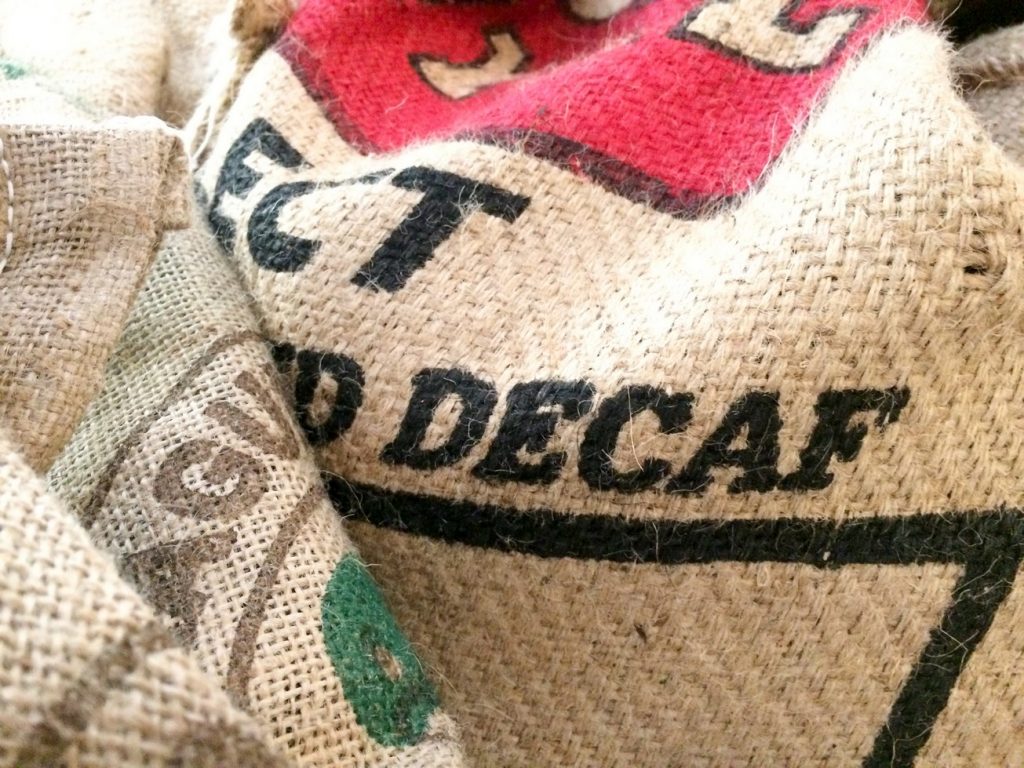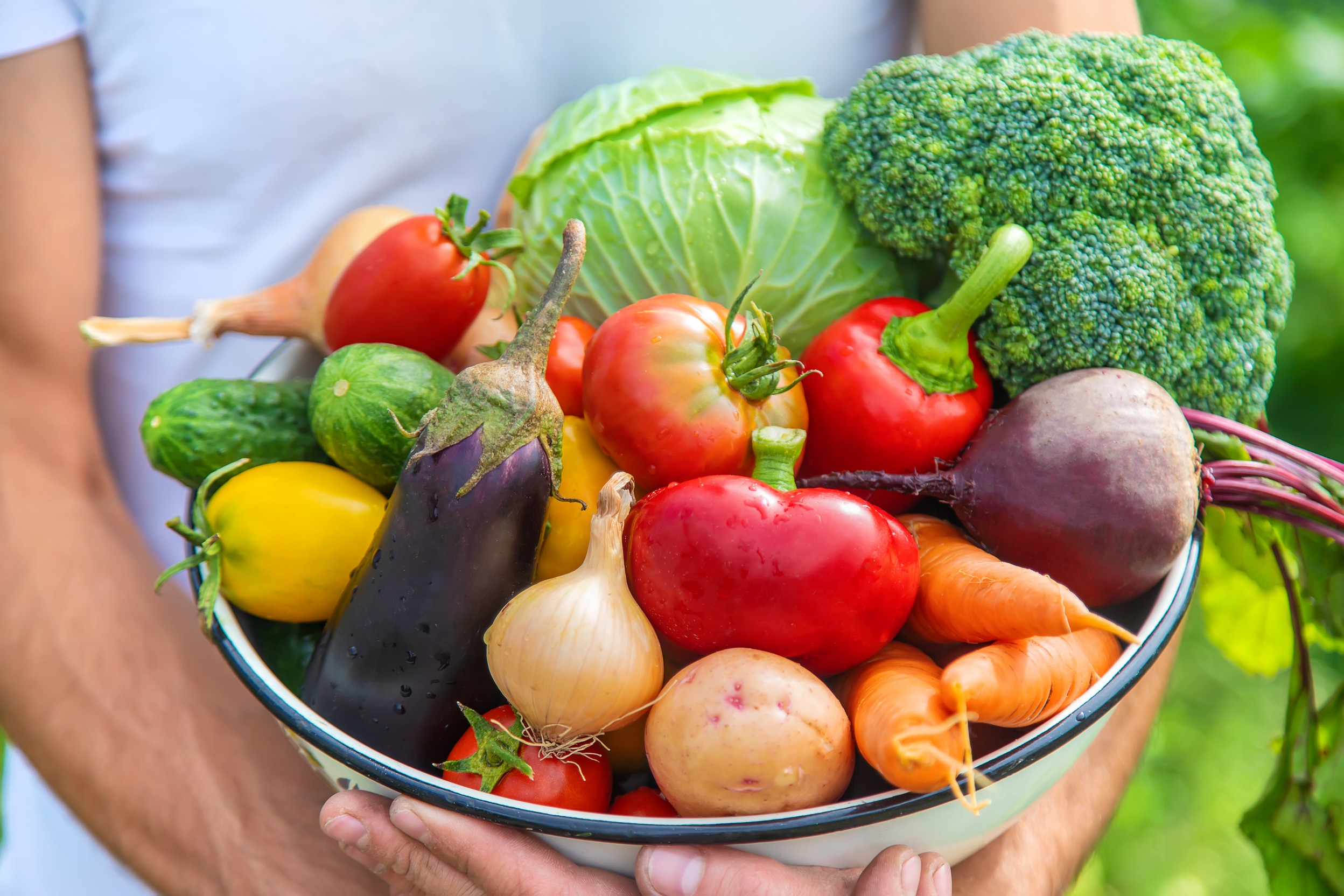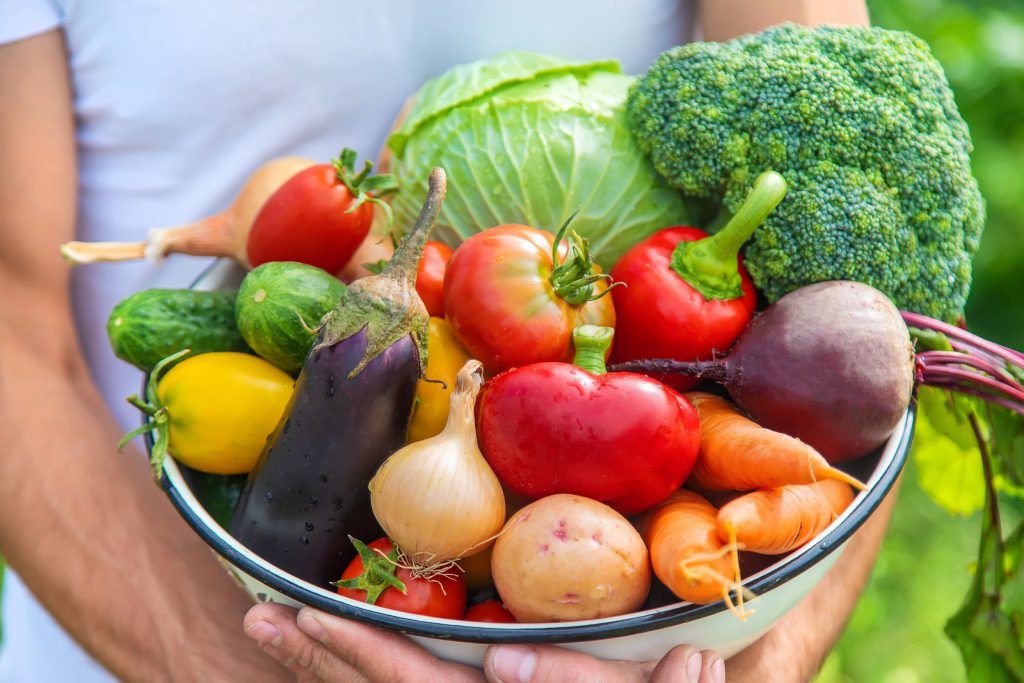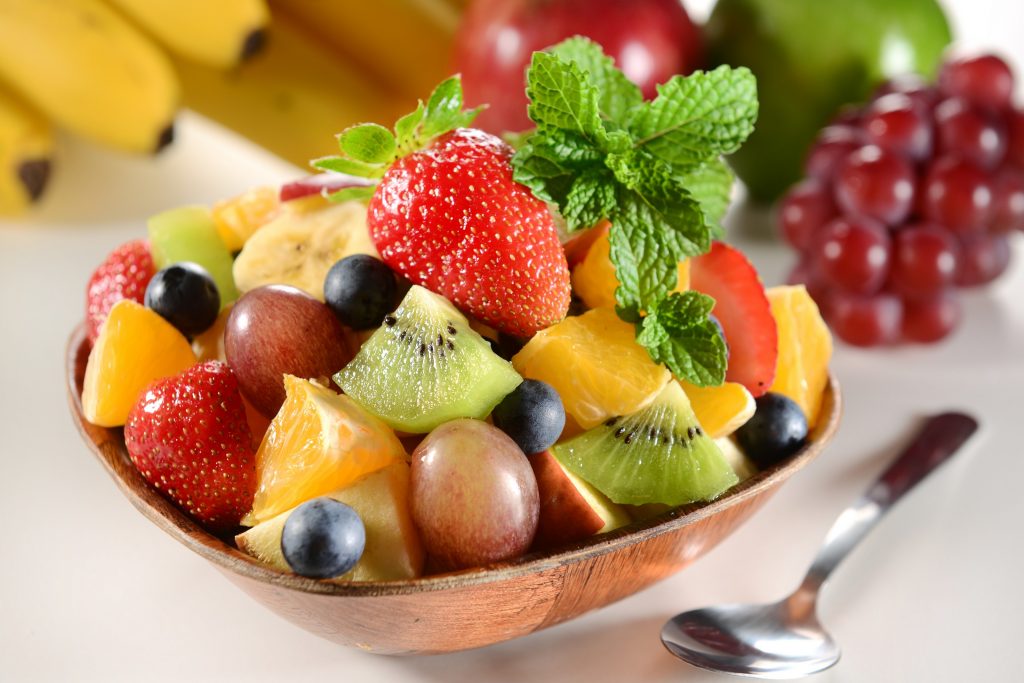
2020 has been a whirlwind with a lot of changes. Thankfully, the coffee industry continues to deliver a variety of delicious beverages that can help create a moment of peace and enjoyment for New York City employees. Let’s take a look at five coffee trends that will boost any break room experience.
Specialty Coffee
Roasters big and small have continued to help grow this trend. They offer special or premium brands and products that deliver a unique experience to their customers. So, what makes specialty coffee special? According to the Specialty Coffee Association (SCA), specialty coffee is “defined by the quality of the product, whether green bean, roasted bean or prepared beverage and by the quality of life that coffee can deliver to all of those involved in its cultivation, preparation and degustation. [It is] a coffee that delivers satisfaction on all counts and adds value to the lives and livelihoods of all involved.”
Cold Brew
While this refreshing cold beverage has been around for about five years, it’s not going anywhere any time soon. In fact, 80 percent of industry leaders surveyed as part of research performed by the Allegra World Coffee Portal USA found that cold brew was the fastest growing beverage in coffee shops. Whether enjoyed on its own or as part of a coffee drink, it’s now considered a must on any menu.
Sustainability
As with many other snacks and beverages, consumers want to know more about the origin of their coffee. Where did the beans come from, who grew the beans, and how were the beans roasted? But sustainability isn’t only about the beans. It’s also about the other products that are used to enjoy one’s favorite caffeinated beverage. Can a reusable mug be used? What about the straws? Are the paper supplies made from recycled products or are they compostable?

Non-Dairy Alternatives
Traditional non-dairy options like almond milk continue to be very popular. However, there is a new option that has made a bit splash―oat milk. According to a Café Pulse report, sales of oat milk have jumped by a whopping 425 percent since 2017. A great alternative to nut milks, oat milk is made from steel-cut oats that have been soaked in water, blended, and strained through a cheesecloth. Like raw oats, the dairy-free beverage offers some fiber, protein, and important vitamins.
Decaffeinated Options
Lastly, let’s not forget about the decaf. This may be a bit surprising, but 2020 has seen multiple roasters add decaf to their offerings. The quality of many decaf options has vastly improved recently as consumer demand for the beverage increased. Millennials and Gen Z, especially, have contributed to the shift as they look to decrease the amount of caffeine they are ingesting.
Whether you’d like to add all these trends or just a couple to your New York City break room, Marché can help. We offer full-service OCS as well as vending and micro-market services that can be customized to fit your unique break room needs. For more information about all our refreshment options, please call us at 833-627-2431.



